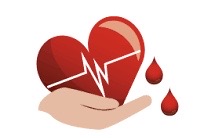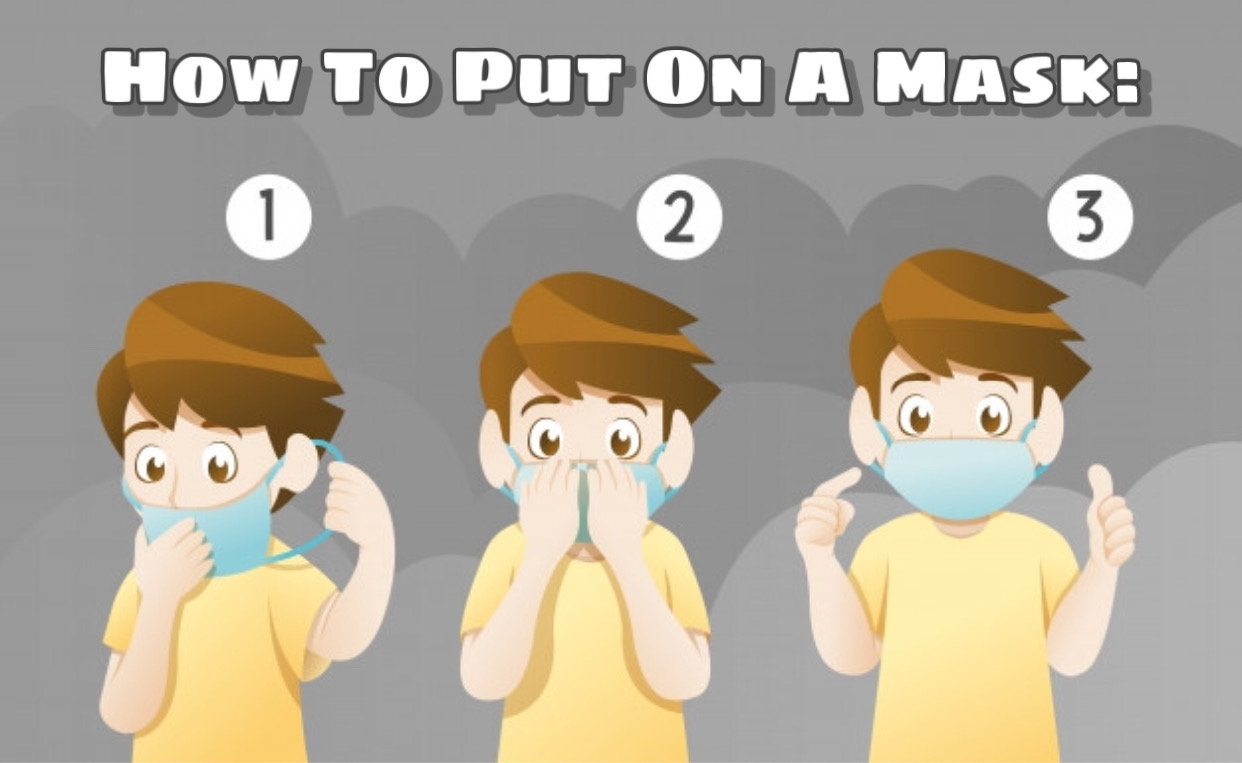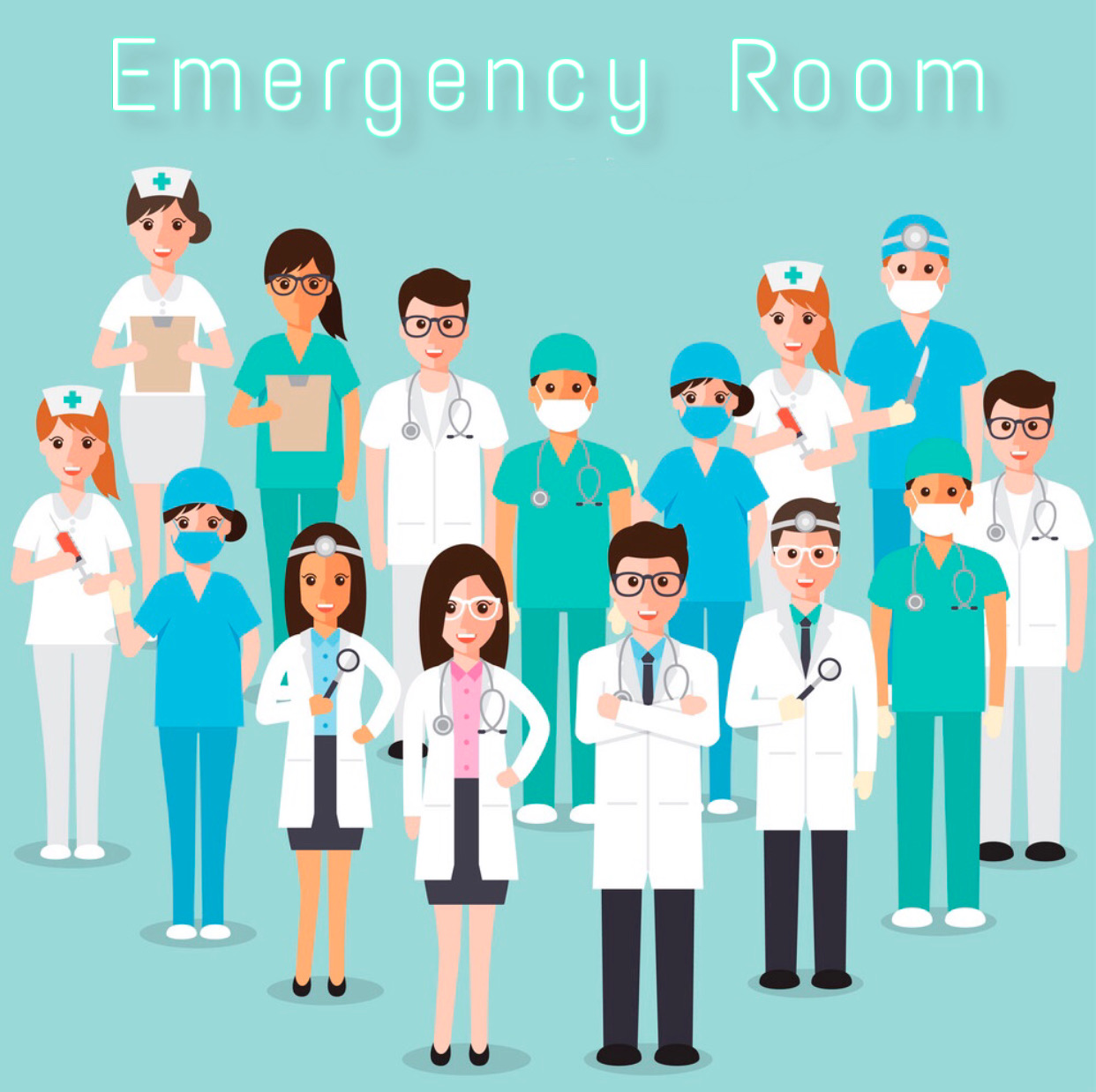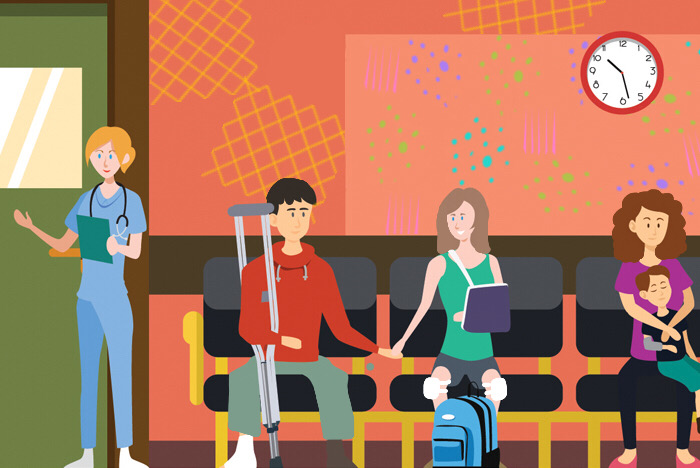..........
When should I call 911 or go to the nearest emergency room?
Go to the emergency department for:
-
Chest pain
-
Trouble breathing
-
Uncontrolled bleeding
-
Head injuries
-
Serious cuts
-
Broken bones
-
Severe allergic reactions
-
Speech difficulty
-
Rapid change in vision
-
Sudden onset of a serious headache
-
Weakness or numbness in arms, legs or face
-
Sexual assault
If you need to see a doctor for a non-medical emergency, try telemedicine services, which uses video and electronic records to provide care.
Will warm weather stop the outbreak of COVID-19?
It is not yet known whether weather and temperature affect the spread of COVID-19. Some other viruses, like those that cause the common cold and flu, spread more during cold weather months but that does not mean it is impossible to become sick with these viruses during other months. There is much more to learn about the transmissibility, severity, and other features associated with COVID-19 and investigations are ongoing.
What is community spread?
Community spread means people have been infected with the virus in an area, including some who are not sure how or where they became infected. Each health department determines community spread differently based on local conditions. For information on community spread in your area, please visit your health department’s website.
Is it okay to donate blood?
 In healthcare settings across the United States, donated blood is a lifesaving, essential part of caring for patients. The need for donated blood is constant, and blood centers are open and in urgent need of donations. CDC encourages people who are well to continue to donate blood if they are able, even if they are practicing social distancing because of COVID-19. CDC is supporting blood centers by providing recommendations that will keep donors and staff safe. Examples of these recommendations include spacing donor chairs 6 feet apart, thoroughly adhering to environmental cleaning practices, and encouraging donors to make donation appointments ahead of time.
In healthcare settings across the United States, donated blood is a lifesaving, essential part of caring for patients. The need for donated blood is constant, and blood centers are open and in urgent need of donations. CDC encourages people who are well to continue to donate blood if they are able, even if they are practicing social distancing because of COVID-19. CDC is supporting blood centers by providing recommendations that will keep donors and staff safe. Examples of these recommendations include spacing donor chairs 6 feet apart, thoroughly adhering to environmental cleaning practices, and encouraging donors to make donation appointments ahead of time.
Can mosquitoes or ticks can spread the virus (COVID-19)?
At this time, CDC has no data to suggest that this new coronavirus or other similar coronaviruses are spread by mosquitoes or ticks. The main way that COVID-19 spreads is from person to person.
Is it safe to get care for my other medical conditions during this time?
-
It is important to continue taking care of your health and wellness.
-
Continue your medications, and do not change your treatment plan without talking to your healthcare provider.
-
Continue to manage your disease the way your healthcare provider has told you.
-
Have at least a 2-week supply of all prescription and non-prescription medications.
-
Talk to your healthcare provider about whether your vaccinations are up-to-date.
-
Call your healthcare provider
-
if you have any concerns about your medical conditions, or if you get sick.
-
to find out about different ways you can connect with your healthcare provider for chronic disease management or other conditions.
-
Do not delay getting emergency care for your health problems or any health condition that requires immediate attention.
-
If you need emergency help, call 911.
-
Emergency departments have infection prevention plans to protect you from getting COVID-19 if you need care for your medical condition.
What cleaning products should I use to fight against COVID-19?
Clean and disinfect frequently touched surfaces such as tables, doorknobs, light switches, countertops, handles, desks, phones, keyboards, toilets, faucets, and sinks. If surfaces are dirty, clean them using detergent or soap and water prior to disinfection. To disinfect, most common EPA-registered household disinfectants will work.
What should I do if I have had close contact with someone who has COVID-19?
-
Be alert for symptoms. Watch for fever, cough, shortness of breath, or other symptoms of COVID-19.
-
Take your temperature and follow CDC guidance if you have symptoms.
How can I protect my child from COVID-19?
You can encourage your child to help stop the spread of COVID-19 by teaching them to do the same things everyone should do to stay healthy.
-
Avoid close contact with people who are sick.
-
Stay home when you are sick, except to get medical care.
-
Cover your coughs and sneezes with a tissue and throw the tissue in the trash.
-
Wash your hands often with soap and water for at least 20 seconds.
-
If soap and water are not readily available, use an alcohol-based hand sanitizer with at least 60% alcohol.
-
Clean and disinfect frequently touched surfaces and objects, like tables, countertops, light switches, doorknobs, and cabinet handles).
Should Children wear face mask?
CDC recommends that everyone 2 years and older wear a cloth face covering that covers their nose and mouth in public settings when around people not living in your household, particularly where other social distancing measures are difficult to maintain. Cloth face coverings should NOT be put on babies or children younger than 2 because of the danger of suffocation. Children younger than 2 years of age are listed as an exception as well as anyone who has trouble breathing or is unconscious, incapacitated, or otherwise unable to remove the face covering without assistance.
How can family cope with the added stress?
Supporting children with special healthcare needs can put additional demands and stress on families, especially during emergency situations. You have likely found ways to manage the stress and challenges unique to your family’s situation. It is important to continue your family’s coping methods, including reaching out to other family members, friends, support groups, and organizations that have been helpful in the past.
If you, or someone you care about, are feeling overwhelmed with emotions like sadness, depression, or anxiety, or feel like you want to harm yourself or others:
-
Call 911
-
Visit the Disaster Distress Helplineexternal icon, call 1-800-985-5990, or text TalkWithUs to 66746
-
Visit the National Domestic Violence Hotlineexternal icon or call 1-800-799-7233 and TTY 1-800-787-3224

